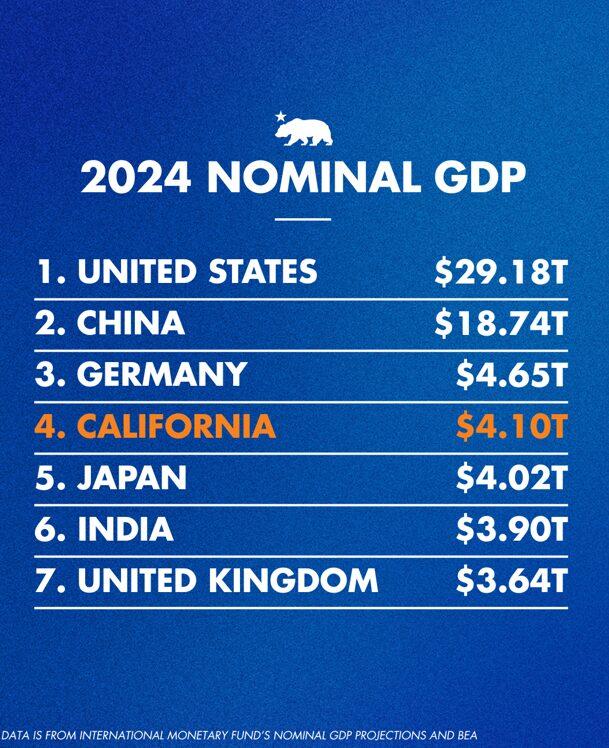Washington, D.C. – In an expansion of its immigration enforcement strategy, the Trump administration announced this week a new initiative that offers a $1,000 stipend and travel assistance to undocumented immigrants who voluntarily depart the United States.
The program, unveiled by the Department of Homeland Security (DHS) on May 5, is being facilitated through the CBP Home app, a digital platform developed by U.S. Customs and Border Protection (CBP). CBP is the federal agency under DHS tasked with securing U.S. borders, regulating international travel and trade, and enforcing immigration and customs laws at ports of entry.
Voluntary Departure in Exchange for Cash
The initiative allows eligible undocumented immigrants—those without pending criminal charges or final removal orders—to apply for self-deportation through the CBP Home app. Once DHS verifies that the applicant has returned to their home country, the government disburses a one-time $1,000 payment and covers basic travel costs.
CBP Home is a rebranded and expanded version of the earlier CBP One app, which was previously used for processing asylum appointments and immigration documentation.
DHS Secretary Kristi Noem described the program as “the best, safest and most cost-effective way to leave the United States to avoid arrest.”
Fiscal Justification: “More Cost-Effective than Detention”
According to DHS estimates, the average cost of apprehending, detaining, and deporting an undocumented immigrant exceeds $17,000. By contrast, the voluntary departure program costs less than $5,000 per person, including airfare and the stipend. Officials believe this could reduce enforcement costs by more than 70% per case.
Administration supporters say the policy represents a “humane enforcement mechanism” that minimizes legal proceedings and detention stays.
Legal Risks and Immigration Law
While the program is presented as voluntary, immigration law experts warn that undocumented immigrants who have resided in the U.S. for more than a year and choose to leave could face serious legal consequences—including a mandatory 10-year ban from reentering the country. This restriction remains in effect regardless of whether the departure is voluntary or enforced.
Immigrant rights groups continue to encourage individuals to consult with licensed attorneys before enrolling in the program, especially those who may qualify for asylum, legal status adjustments, or deferred action.
Larger Strategy of Mass Deportation
The voluntary departure program is part of a broader immigration enforcement plan outlined by President Trump, who has vowed to deport millions of undocumented immigrants during his second term. The administration is also exploring third-country agreements with nations like Rwanda to accept deportees, expanding alternatives to traditional removal.
While the new policy marks a shift from arrest-and-detain tactics to incentivized compliance, it underscores the administration’s ongoing emphasis on reducing the undocumented population through aggressive—yet increasingly strategic—means.
What Is CBP?
U.S. Customs and Border Protection (CBP) is the largest federal law enforcement agency under the Department of Homeland Security. It is responsible for:
Securing U.S. borders and ports of entry.
Enforcing immigration and customs laws.
Regulating international travel and trade.
CBP operates both the U.S. Border Patrol and the Office of Field Operations, and it is the agency behind the CBP Home app now used for processing voluntary departures.
What You Need to Know About the Voluntary Departure Program:
- Eligibility: Undocumented immigrants without criminal charges or final deportation orders.
- Application Method: CBP Home app (formerly CBP One).
- Incentives: $1,000 stipend and travel aid after verified return.
- Risks: A 10-year ban from reentering the U.S. may apply.
- Advice: Seek legal counsel before applying.





